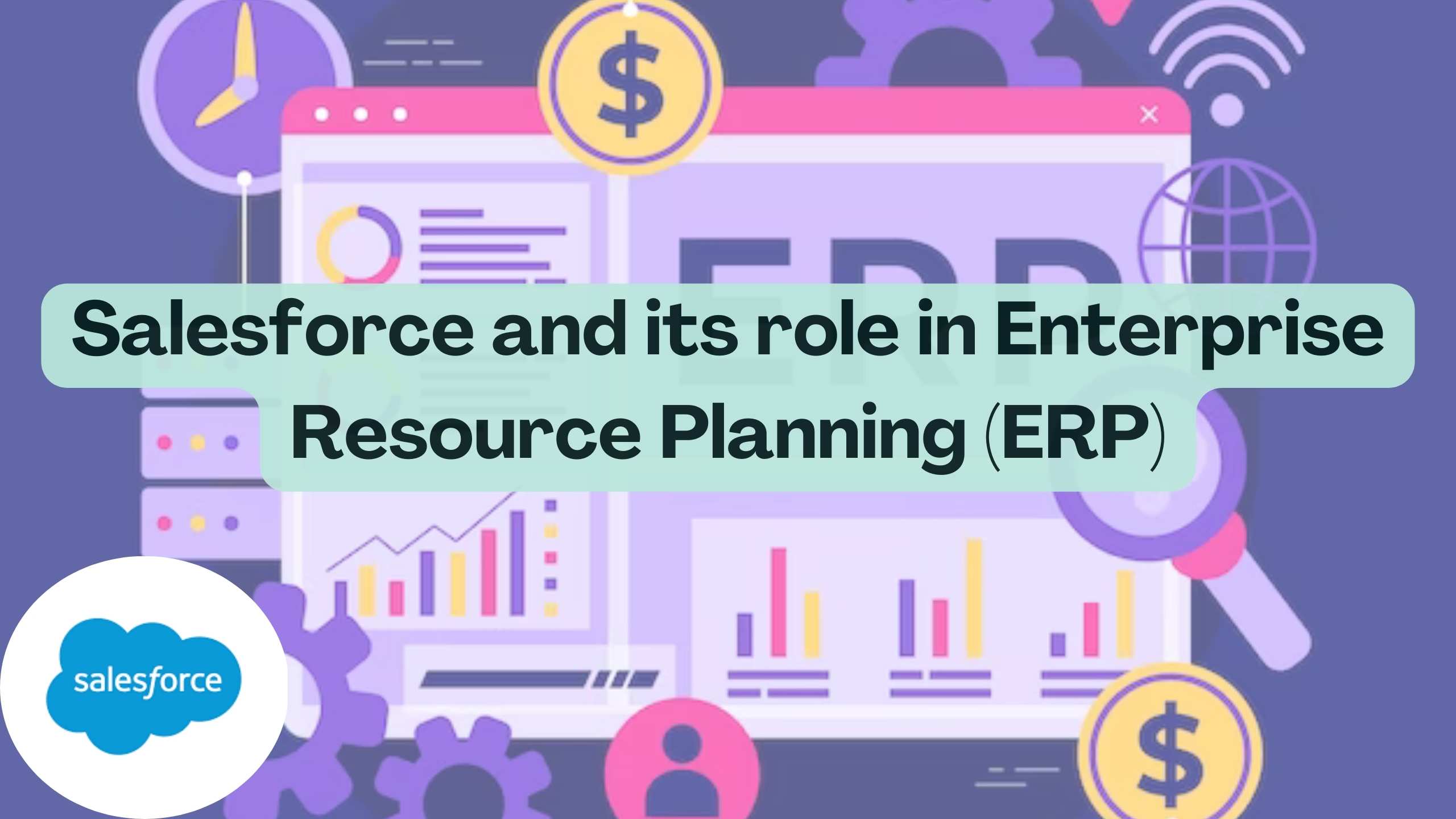Salesforce and its role in Enterprise Resource Planning (ERP)
- Proposal Software Customer Relationship Management


Unveiling Salesforce’s Integral Role in Enterprise Resource Planning (ERP)
Enterprise Resource Planning (ERP) systems serve as the backbone of modern businesses, streamlining operations, and optimizing efficiency. In recent years, Salesforce has emerged as a dominant force in the ERP landscape, revolutionizing how enterprises manage their resources and workflows. This article delves into the pivotal role of Salesforce in ERP solutions, addressing common queries surrounding its classification and functionality. Additionally, we explore a curated selection of top-tier SaaS products designed to complement Salesforce and enhance ERP capabilities.
Understanding Salesforce as an ERP Solution
Salesforce, renowned for its customer relationship management (CRM) platform, transcends its traditional boundaries to offer comprehensive ERP functionalities. While Salesforce is not a traditional ERP system, its robust suite of tools and integrations enables businesses to effectively manage various aspects of their operations, including finance, sales, marketing, and customer service.
1. Salesforce Financial Services Cloud
Salesforce’s Financial Services Cloud empowers organizations to streamline financial processes, manage accounts, and drive revenue growth. With features tailored to the financial sector, it serves as a cornerstone for ERP implementations in banking, wealth management, and insurance industries.
2. Salesforce Commerce Cloud
For businesses engaged in e-commerce, the Salesforce Commerce Cloud delivers end-to-end solutions for managing online storefronts, inventory, orders, and customer interactions. Its seamless integration with other Salesforce modules makes it an integral component of ERP ecosystems.
3. Salesforce Service Cloud
The Service Cloud equips businesses with tools to deliver exceptional customer service experiences, manage support tickets, and resolve inquiries efficiently. By integrating service operations with core ERP functions, organizations can achieve holistic customer relationship management.
4. Salesforce Marketing Cloud
As marketing plays a vital role in ERP strategies, the Salesforce Marketing Cloud offers advanced tools for campaign management, lead generation, and customer engagement. By aligning marketing efforts with ERP objectives, businesses can drive growth and maximize ROI.
Unlocking Synergies with Complementary SaaS Products
1. Workday
Workday offers cloud-based solutions for human capital management (HCM) and financial management, seamlessly integrating with Salesforce to provide end-to-end ERP capabilities.
2. NetSuite
NetSuite is a leading cloud ERP platform that complements Salesforce by offering comprehensive solutions for financial management, e-commerce, and supply chain operations.
3. Oracle ERP Cloud
Oracle ERP Cloud delivers scalable and integrated ERP solutions, enabling organizations to optimize processes, drive innovation, and accelerate growth in tandem with Salesforce.
Conclusion: Harnessing the Power of Salesforce in ERP Transformations
In conclusion, while Salesforce may not be classified as a traditional ERP system, its extensive suite of tools and integrations empowers businesses to achieve ERP objectives effectively. By leveraging Salesforce alongside complementary SaaS products, organizations can unlock synergies, streamline operations, and drive sustainable growth in today’s dynamic business landscape. Discover exclusive deals and insights on a diverse range of SaaS tools at Subscribed.FYI. Sign up today to explore how these offerings can complement your Salesforce ERP implementation, optimize resource management, and propel your business towards success.
Relevant Links:
- Salesforce Financial Services Cloud
- Salesforce Commerce Cloud
- Salesforce Service Cloud
- Salesforce Marketing Cloud
- Workday
- NetSuite
- Oracle ERP Cloud








